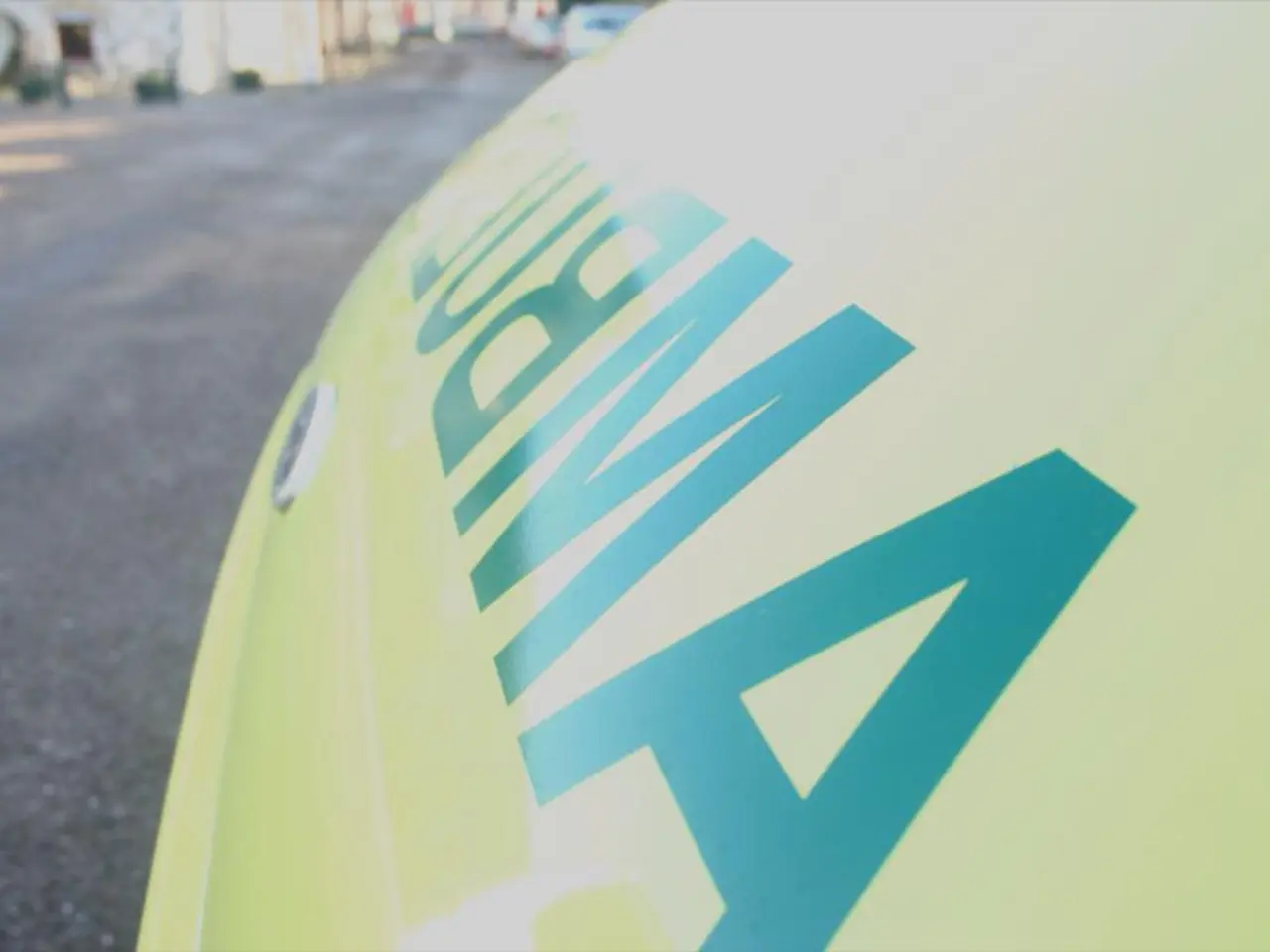Federal authorities allocate $4,8M for hydrogen fuel research and construction of a hydrogen fueling station at Washington State University
Washington State University (WSU) is at the forefront of hydrogen fuel research, thanks to a series of significant grants from the U.S. Department of Energy. The university has been awarded $4.8 million for two projects: HYPER-Flow and HYPER-Fuel.
The HYPER-Fuel grant, worth $10 million in total, will focus on improving hydrogen refueling stations for medium- and heavy-duty vehicles. WSU will receive $1.8 million as a partner in this project, led by Plug Power. The funds will be used to develop thermofluid models for the operation and optimization of the hydrogen fueling station.
The HYPER-Flow grant, valued at $3 million, aims to create the world's first continuous liquid hydrogen flow loop. This innovative setup will enable the rapid and continuous testing of liquid hydrogen fueling components. WSU professors Jacob Leachman and Konstantin Matveev are leading this project, which includes partnerships with the Pacific Northwest National Lab and companies Rheonik and RegO Products.
These projects are part of WSU's broader efforts to advance hydrogen production and utilization technologies. The goal is to develop cleaner, more efficient fuel solutions that could potentially improve renewable energy integration and reduce carbon emissions.
The support from state and university leaders has been instrumental in enabling these partnerships that led to the major awards. The projects have taken years to create and be successful.
Hydrogen-fueled vehicles are increasingly being touted as a solution to help reduce greenhouse gases. The Pacific Northwest has shown nearly unanimous support for hydrogen, with companies like Amazon, Kroger, and Walmart already using hydrogen-fueled forklifts for a significant portion of their operations.
The grants are part of the $62 million the U.S. Department of Energy has awarded for 20 hydrogen fuel projects across the U.S. The funding is on top of the $7 billion Hydrogen Hub investment announced in 2022.
WSU's leadership has been instrumental in setting up the lab for hydrogen research, which is unique among universities. The HYPER-Fuel project also aims to develop a technology for the reliquification of hydrogen fuel, allowing for longer on-site maintenance.
For detailed and up-to-date specifics on the HYPER-Flow and HYPER-Fuel projects, including their research goals, key collaborators, and projected impacts, it would be best to consult WSU's official publications, project websites, or press releases directly.
- WSU's HYPER-Fuel project, aided by a $10 million grant, is focused on enhancing hydrogen refueling stations for vehicles of larger sizes, employing data and cloud computing for thermofluid models to optimize operation.
- The HYPER-Flow grant, worth $3 million, aims to inaugurate the world's first continuous liquid hydrogen flow loop, facilitated by environmental-science collaborations with PNNL, Rheonik, and RegO Products.
- With climate-change concerns mounting, the Pacific Northwest industry has shown preferential support for renewable-energy solutions, with notable companies like Amazon and Walmart adopting hydrogen-fueled forklifts in their operations.
- The Department of Energy's investment in hydrogen hubs, at $62 million for 20 projects and an additional $7 billion in 2022, underscores the government's commitment to foster innovation and technology in the energy sector.
- To gain comprehensive insights into the intricacies, goals, and outcomes of WSU's HYPER-Flow and HYPER-Fuel projects, one should consult official WSU publications, project websites, or press releases.




